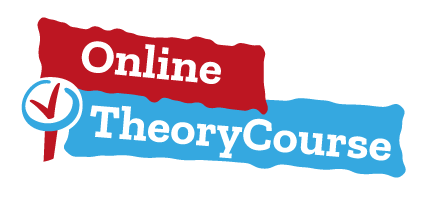Cursus Inhoud

Legislation
The first chapter talks about traffic rules. When you drive, there are important rules you must follow, like how fast you can go or when you should stop.
We will also talk about what happens if you drive after drinking alcohol. Before you drive, you must know that your car has to meet some rules too. How often do you need to check your car? Which vehicles need a license and which don't? Can a police officer ask for your license?
After this chapter, you'll know the basic rules you need for the next lessons.

Vehicle knowledge
Chapter 2 is about 'Vehicle Knowledge'. Here, we talk about what rules your car must follow.
There are rules about how the car is built and rules about carrying people and things. Did you know there are rules about what you can load and what you can't? You'll learn soon! Do you know how long a car can be in the Netherlands? It's 12 meters!
After this chapter, you'll know about tire depth, when to use fog lights, and even the difference between two special car parts: a breakaway brake and a helper coupling. Yes, really!

Use of the road
In Chapter 3, we talk about 'Use of the Road'. Are you ready to go on the road? Let's find out!
First, who are the people using the road? And where should they be on the road? As future car drivers, we teach you not just about driving cars but also about other road users so you can be safe. For example, you won't be surprised by a fast bike on the road because you'll know it's a Speed-pedelec, which follows moped rules. It's also important to know how fast you can drive, where you can stop or park.
After this chapter, you'll also learn how road rules change when you're pulling a trailer!

Priority and giving way
In Chapter 4, we talk about 'Priority and Giving Way'.
We'll get you ready for driving with some important rules. And you'll smile during the CBR test because we've taught you all about who goes first on the road, step by step. Even tricky questions about who has the right of way on dirt roads (yes, it's different) will be easy for you. We'll also talk about special road users.
Did you know you stop for someone with crutches, but not for someone in a wheelchair? You'll learn all this and more!

Special roads, road sections, road users and manoeuvres
In Chapter 5, we'll explore 'Special Roads, Road Sections, Road Users and Manoeuvres'.
On the road, you'll see different types of roads. Some of these roads have special rules. The CBR wants you to know them, and we're here to help. Remember in Chapter 1 when we talked about not causing trouble or danger while driving? That's important! Can you find a small car, like a Brommobiel, on a big road in the city? It might sound tricky, but soon you'll know the answer quickly. You'll also learn how to drive on roundabouts, which are everywhere in the Netherlands.
We finish this chapter by explaining how to act around military columns and funeral processions.
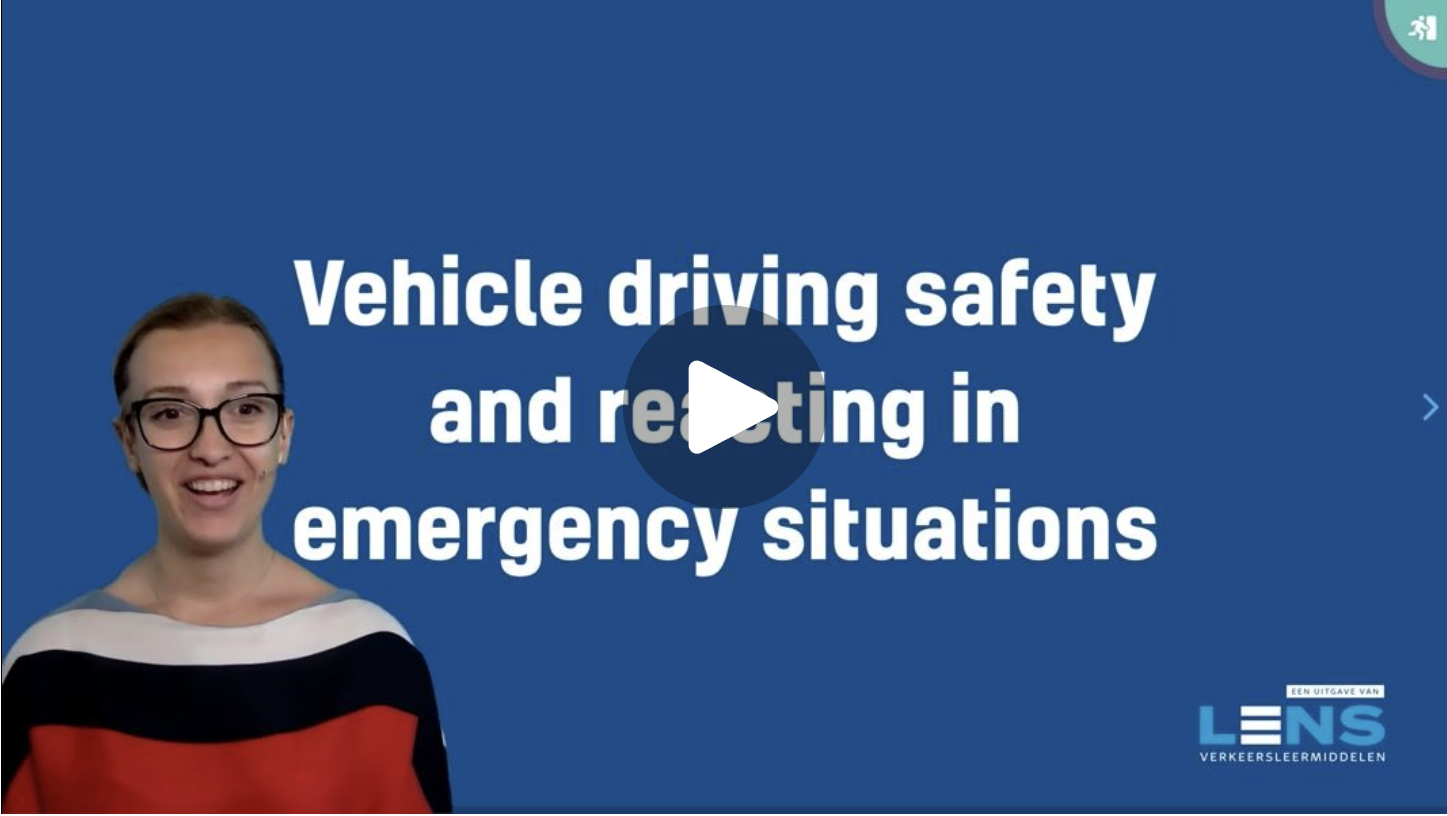
Vehicle driving safety and reacting in emergency situations
In Chapter 6, we talk about 'Vehicle Driving Safety and Reacting in Emergency Situations'.
We'll explain all of this clearly and test what you've learned.
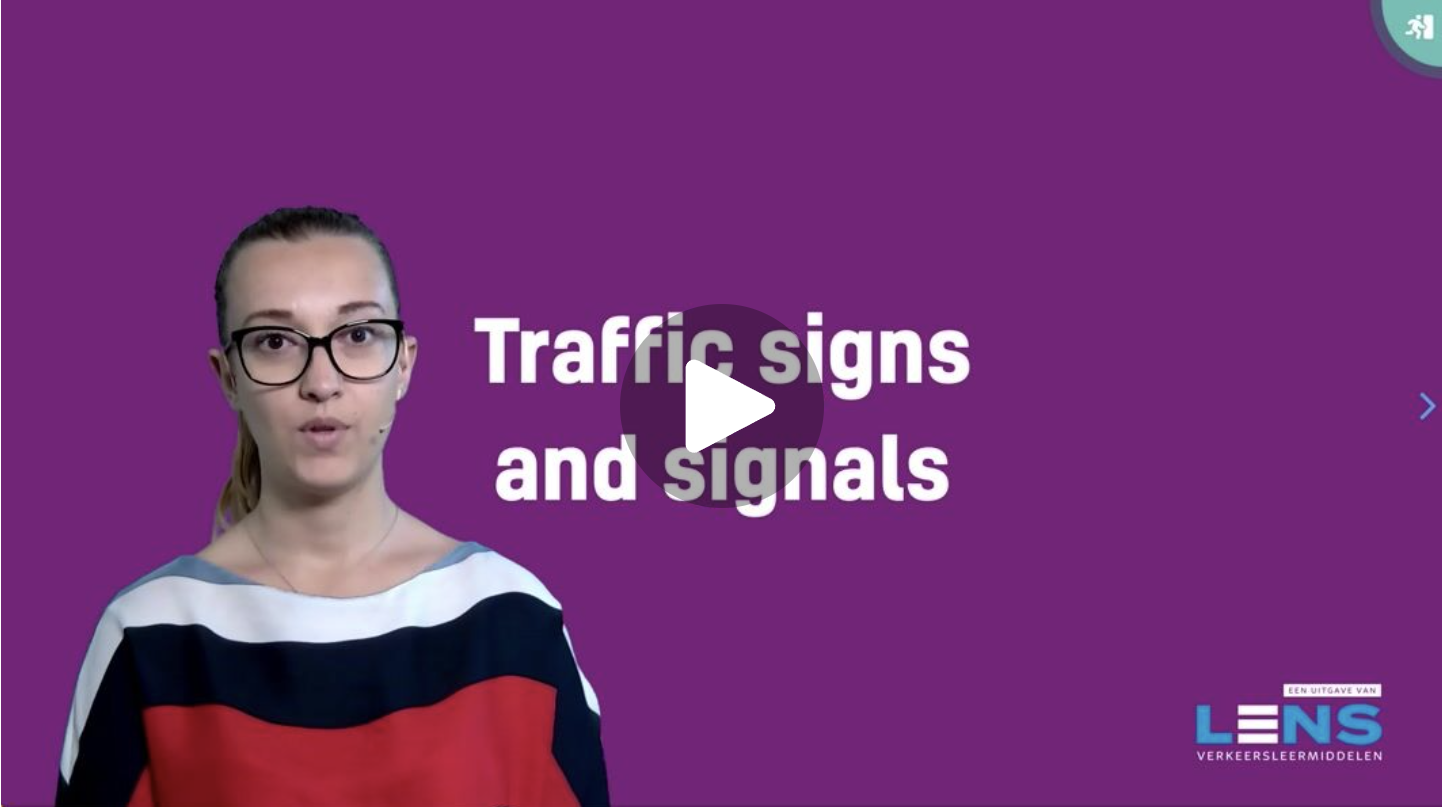
Traffic signs and signals
In Chapter 7, we talk about 'Traffic Signs and Signals'. When you drive, you'll see many signs, marks, and lights. You need to understand them quickly.
We'll teach you which rules to follow and which rules change. For example, traffic lights are more important than road marks, but some road rules always apply. It might sound confusing, but we'll make it clear.
We'll guide you through the main signs that the CBR wants you to know. We'll also discuss people who direct traffic. Some students find this hard, but our teachers have helpful tips for you.
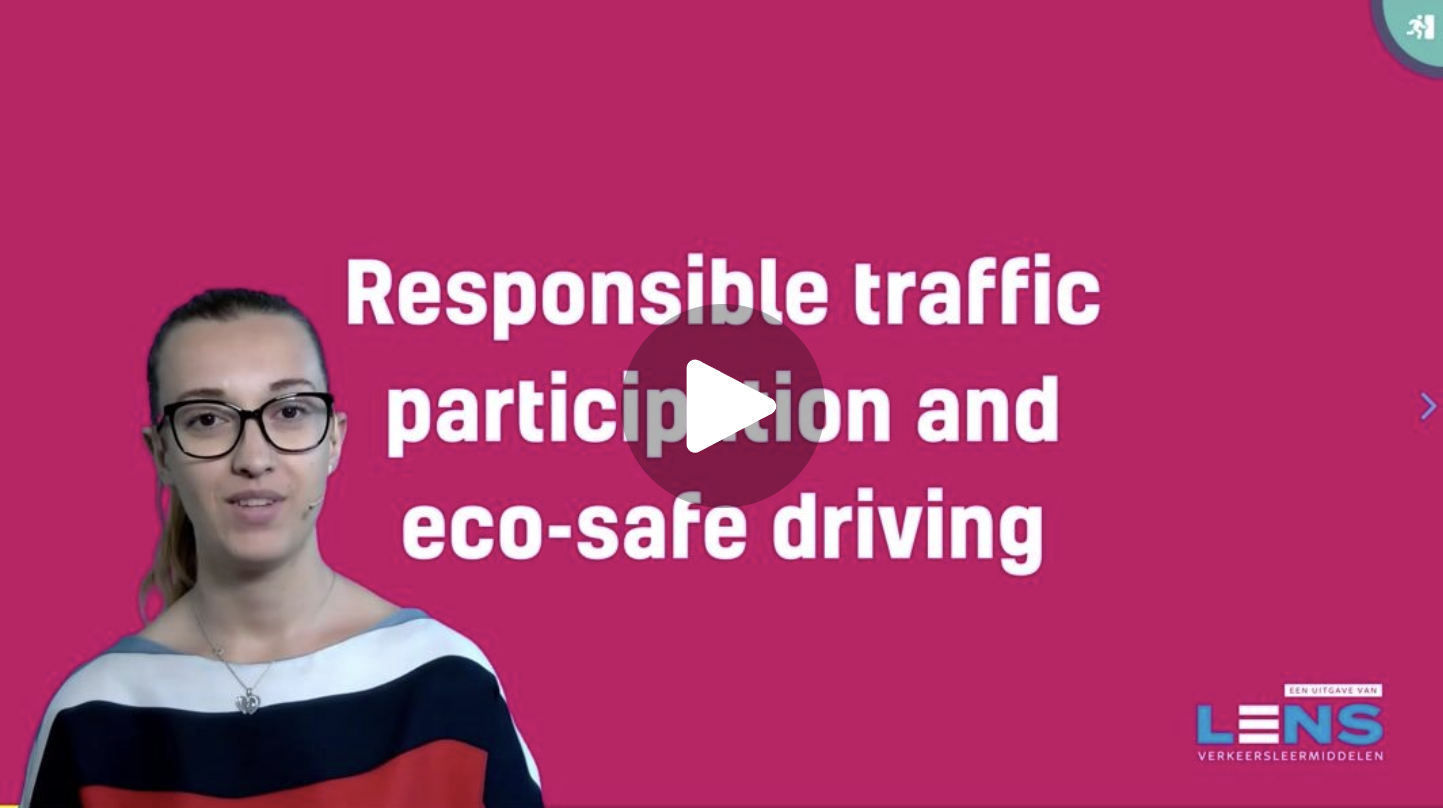
Responsible traffic participation and environmentally conscious driving
In Chapter 8, we talk about 'Responsible Traffic Participation and Environmentally Conscious Driving'. The CBR wants you to drive in a safe, friendly, and firm way. What does that mean?
We'll explain in this chapter. Did you know that 92% of accidents happen because of mistakes people make? We'll teach you about keeping the right distance and why it's important. We'll also talk about different types of roads in the Netherlands and how to spot them. Caring for the environment is part of good driving. For example, does low tire pressure use more fuel? What about having a bike rack? We end this chapter with car checks.
We'll help you understand all the lights on your dashboard.
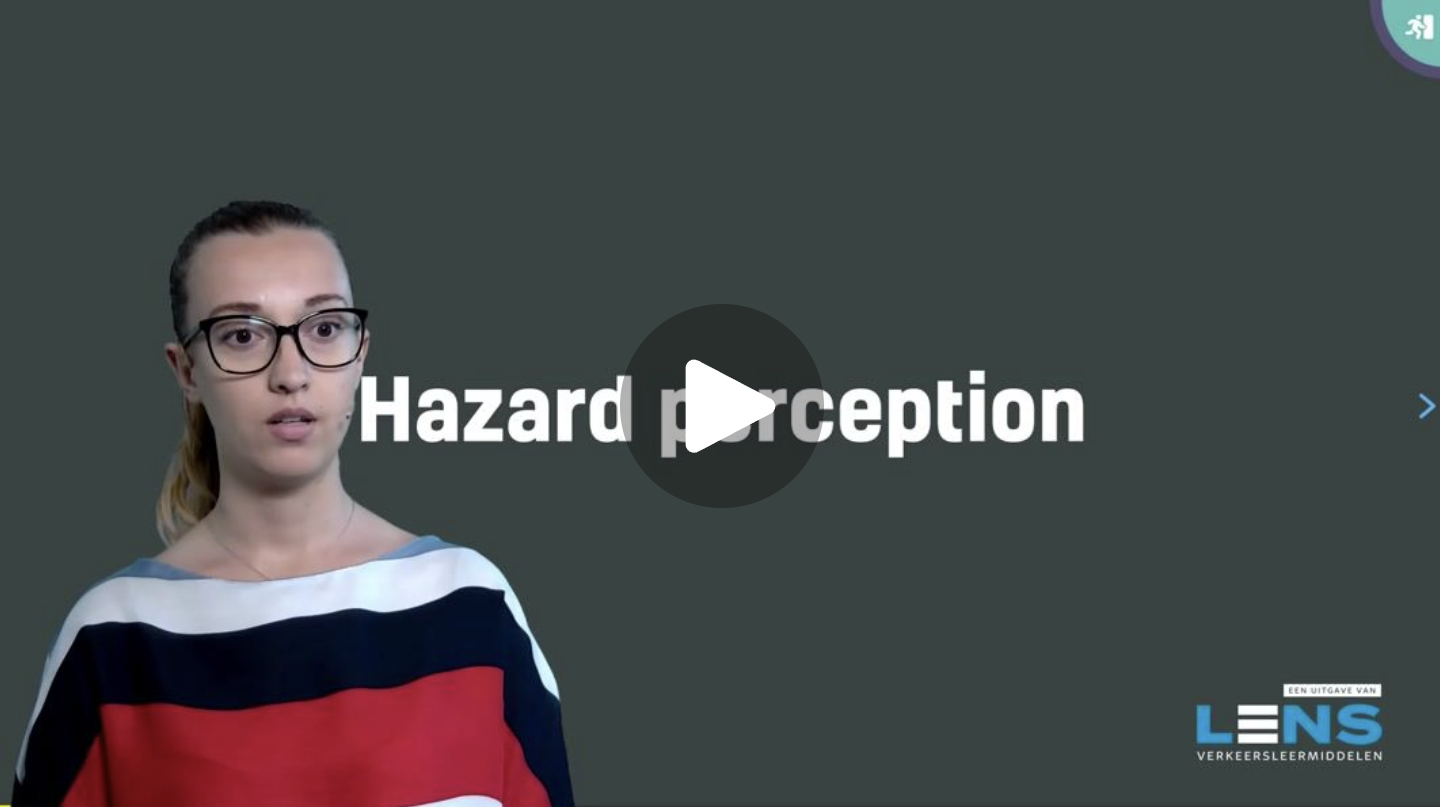
Hazard perception
In Chapter 9, we discuss 'Hazard Perception'.
The CBR tests if you can act quickly and correctly while driving. You'll get 25 questions. For each one, you must decide in 8 seconds: brake, slow down, or do nothing. These 8 seconds go by very fast. So, we'll help you become great at spotting dangers. Our teachers will guide you. We'll look at road conditions, check your speed, and see if someone is close behind you. With practice, you'll know when there's danger (and you should brake), possible danger (slow down), or no danger (do nothing).
After this chapter, you'll feel confident about this part of the theory test.
